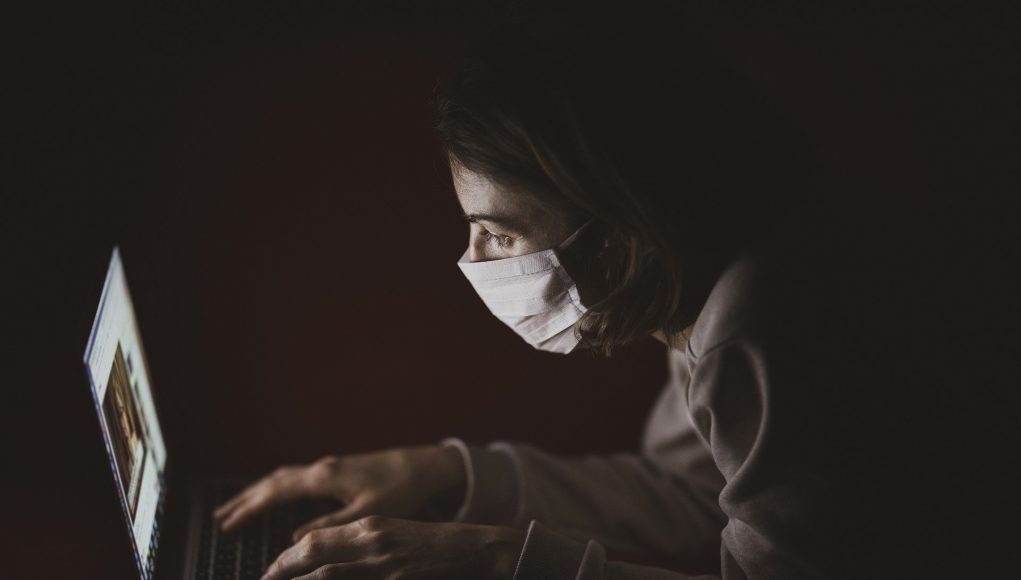Titled “COVID-19: Risk of increase in smoking rates among England’s 6 million smokers and relapse among England’s 11 million ex-smokers”, the paper voiced the concerns of a Sessional GP, Medical Director at the centre for Health Research and member of the Royal College of General Practitioners, Pooja Patwardhan.
In line with arguments by other health experts, the author points out that the stress brought about by the current situation may have a negative impact on smoking rates. “As the world goes into lockdown, social distancing and self-isolation are likely to make the society very lonely and life more stressful,” said Patwardhan.
“With my experience of working in preventive medicine and smoking cessation, the uncertainty and the stress might push current smokers to smoke more cigarettes and ex-smokers to relapse back to smoking. A perfect (bad) storm for relapsing and smoking more,” she added.
How COVID-19-related stress increases the chances of relapse
Patwardhan pointed out that the numerous direct or indirect fears and stresses brought about by the pandemic increase the odds of conditions such as anxiety and depression. Such conditions and even stress are well known predisposing factors for increased smoking (quantity and frequency) as well as relapse.
In addition to these, there are secondary factors at play that one must consider. “There may be people who have cut down smoking as they are not allowed to smoke in their workplace. There will be ex-smokers who have successfully quit smoking by going to the gym or joining a local sports group to help them. There may be some, who have stopped smoking by taking up a new job or starting a new business. These — and so many other ways that people may have used to shift towards a healthier lifestyle — may suddenly be unavailable and inaccessible in their lives.”
To this effect, explains Patwardhan, it is imperative that healthcare professionals look for “‘smoker’ or ‘ex-smoker’ status on every patient’s medical records system.” She explained that patients in this category should be offered advice on relapse prevention, and GPs could send a text message/ email to all patients known to be smokers or ex-smokers, directing them to resources such as the NHS Smokefree website (NHS Smokefree).
UK authorities urged to reopen vape shops
With this in mind, the UK Vaping Industry Association (UKVIA) has recently urged local authorities to keep vape stores open across the country, pointing out that closing them could force many former smokers to resort back to smoking. In an open letter to the relevant authorities, the UKVIA referred to the situation in Italy, where despite the alarming rate of contagion, the government has reversed its decision to close vape stores.
Some EU countries such as France, Spain and Italy have allowed the re-opening of vape shops. In an amendment of the March 14th decree, France recognized vape shops as “of public interest” and allowed the outlets to reopen as long as they set in place all the necessary precautions to avoid the transmission of the coronavirus.












